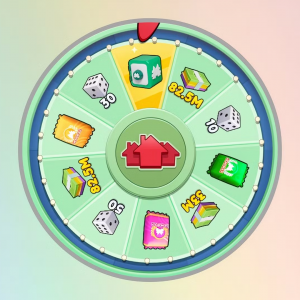Ship breaking yards, particularly in Alang, Gujarat, epitomize the clash between industrial progress and environmental challenges. While dismantling ships provides essential steel and job opportunities, it also creates significant pollution concerns. Contaminants such as asbestos, heavy metals, oil residues, and polychlorinated biphenyls (PCBs) breach soil and seawater, harming local ecosystems and marine life. These hazardous substances not only threaten aquatic flora and fauna but also endanger workers' health, leading to respiratory and skin diseases—underscoring the pressing need for improvements in environmental safety and waste management within the sector.
Even with advancements under the Hong Kong Convention, the "beaching method"—where boats are dismantled on tidal shores—persists, continuing to pollute the Gulf of Khambhat with oil sludge, paint fragments, and toxic ballast water. Research indicates that sediments and groundwater remain contaminated despite some efforts to mitigate damage, emphasizing the urgent requirement for sustainable waste management practices in the industry.
Best Oasis stands out as a global champion of responsible ship recycling, advocating for eco-friendly and safe dismantling practices in line with international green recycling standards. Their initiatives foster innovation, leading to improved dry-dock techniques and safer waste segregation strategies—key components in minimizing the environmental impact of ship breaking.
For India, finding a compromise between economic gain and ecological responsibility in ship breaking is crucial. By implementing stricter regulations, embracing technological advancements, and fostering global collaborations, the industry can significantly diminish its toxic legacy and transition towards cleaner, sustainable maritime recycling.






